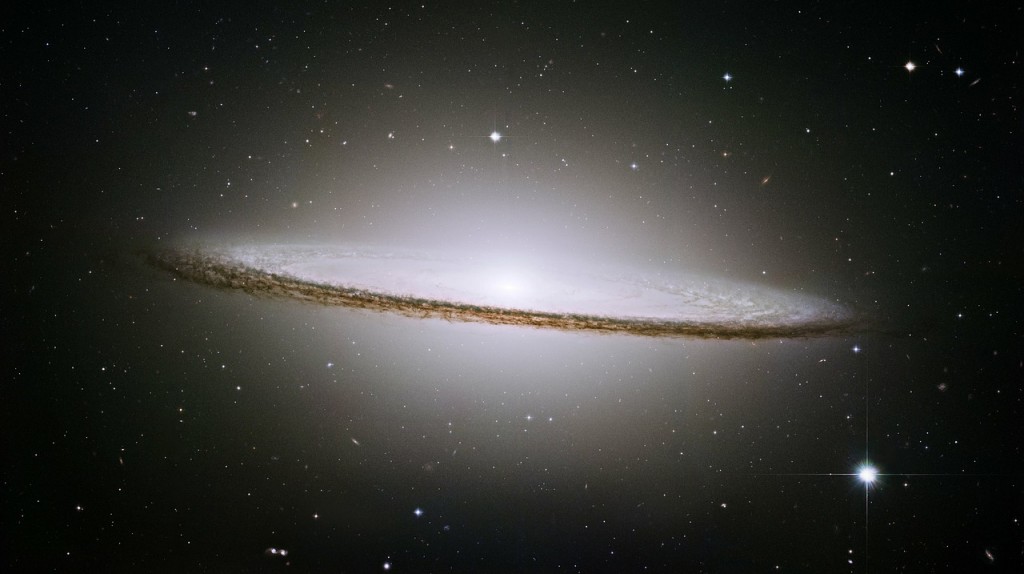Space is the most powerful metaphor for consciousness; it’s the fifth elements that accommodates everything. All there ever was and will be is thanks to space. Nothing can move without space, nothing exists outside of space. Within space all worlds and events arise and cease, while space itself does not arise, and does not cease. But space is not the same as consciousness.
Mountains, hills and the vast plains, oceans, rivers, lakes, sun, volcanoes, every little flame, storms and the gentle breezes are only possible because of space. Without space there will be no room for the four elements, there will be no room for anything. Space never arose, because it’s not made out of anything. Pavarotti bumming bearlike tenor voice can be heard because there is space, so the sound can travel to the eardrums. If the was no space there would not be room for the next moment. Without space everything will be one solid block, frozen forever, no place for any drama to be played out. It would be absurd to imagine anything to be, without there being room for it.
The mere fact that we can feel, think and know is a direct proof that mind is spacious. But consciousness is not the same as space. When the basic spaciousness of mind seems out of sight there is a foothold for subtle claustrofobia, tension and fear. This fundamental uneasiness is the burden of existence, the toxic thorn within every selfish emotion, for every moment of dualistic mind. It’s therefore a tremendous importance to reconnect with the spaciousness of mind.

A direct way of dealing the space, we find in these words by the meditation master Tulku Urgyen Rinpoche:
Experientially, space implies not arising, not dwelling and not ceasing. Ultimately, all phenomena, whatever appearances we perceive, are beyond arising, dwelling and ceasing. The mind that perceives is also called space, in the sense that mind is, by itself, empty. It is beyond arising, dwelling and ceasing. It does not come from anywhere; it doesn’t remain anywhere; it doesn’t go anywhere. This describes the inner space.
Everything that is perceived as an object is ultimately basic space. Needless to say, most things don’t appear this way to us. Therefore the other four elements, earth, water, fire and wind, are not used as an example, only the element of space itself, which is easily comprehended as being empty. Still, the other four elements are inherently empty. If we investigate where earth, water, fire and wind come from, we will not find a source. Look very closely: is there a place where earth comes from? Where water comes from? Where wind and fire initially come from? Right at this moment, is there an ultimate place where the four major elements are located? Try to find that. Is there a certain location that the four elements vanish into? Can we say, “They disappeared into such-and-such a place”? They are actually beyond arising, dwelling and ceasing.
That describes the outer space, the basic space of whatever is perceived. When we discover that all external objects composed of the four elements do not arise from anywhere, do not dwell anywhere and do not cease into some place, that everything is totally beyond arising, dwelling and ceasing, that is called discovering the basic space of external phenomena.
Similarly, when looking into mind, the thinker, where does it come from? Where does it dwell? Where does it disappear to? In this way, we will discover the inner space that is totally beyond arising, dwelling and ceasing. So: if external space is beyond arising, dwelling and ceasing and inner space is beyond arising, dwelling and ceasing, how can we experientially make any distinction between the two?
Tulku Urgyen Rinpoches words are from Rainbow Painting.
Photo by Pixabay
